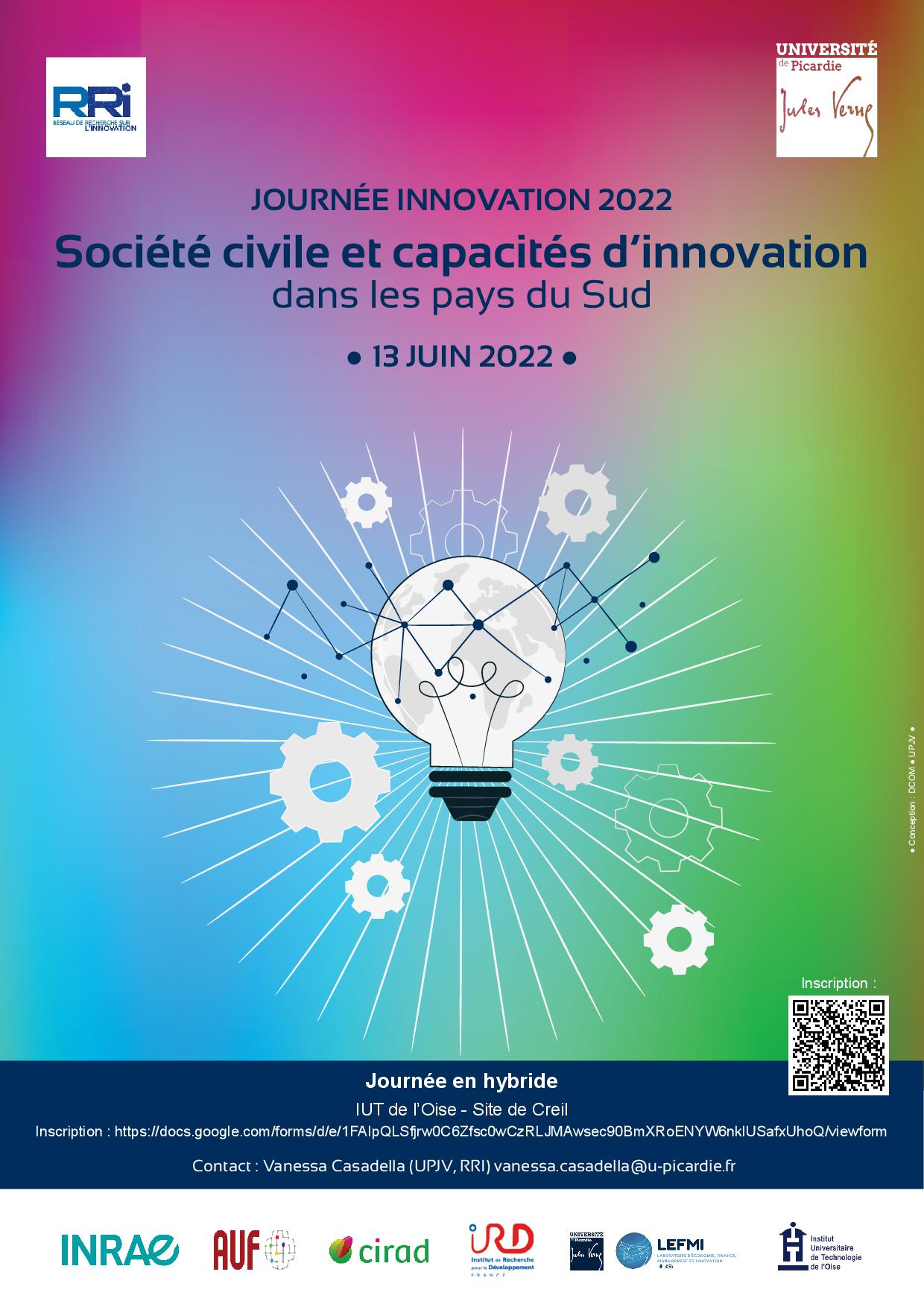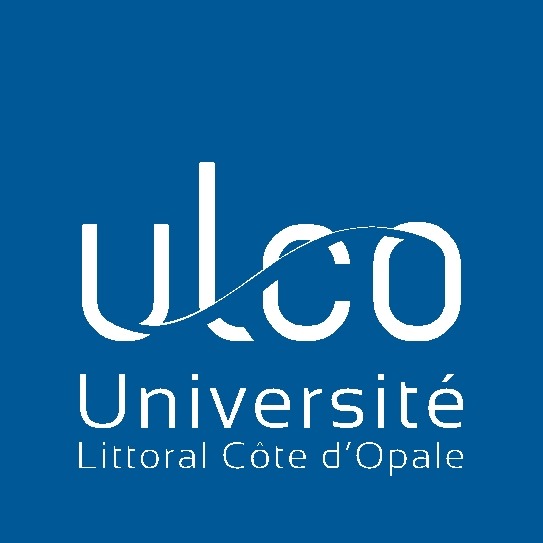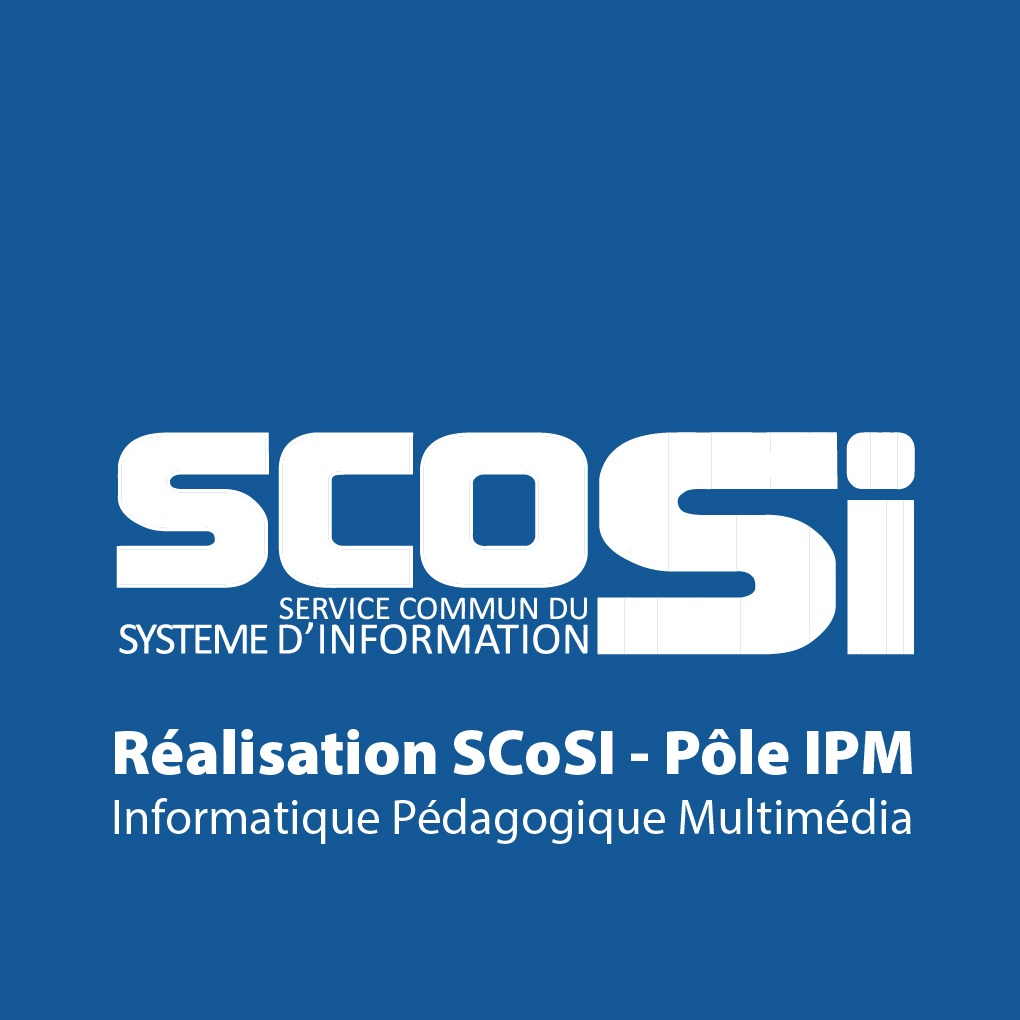Program - Innovation DAY 2022
13th june 2022 –9:30 am – 5:00 pm | IUT of Creil & Online
Civil society and innovation capacities in the South
The notions of innovation systems and capacities have been used both by public policies and in academic circles to relate the innovative performance of territories, sectors, regions and nations. Innovation systems represent the connection between actors from the academic and productive worlds. These notions are more globally addressed in the approach to economic and sustainable development and inclusion objectives set by international bodies (such as the Sustainable Development Goals set by the UN).
Although the structure of these systems in the economies of the South is very heterogeneous depending on the contexts visited, it is clear that they are often portrayed as disordered, fragmented or disconnected in their development process. However, these systems are supported by actors of all categories who help them to emerge, maintain and perpetuate themselves. These actors, more or less formal, more or less interconnected, constitute significant dynamics that structure and shape innovation capacities. Represented by different forms of organisation of collective action (producers’ organisations, cooperatives, associations) and non-governmental organisations (NGOs), they are called upon to play a key role in defining policies and actions in favour of innovation and thus largely contribute to the formation and implementation of innovation capacities. They are sometimes called upon to complement or replace the public authorities when public innovation policies are lacking.
But other actors are also stakeholders in local learning dynamics: civil society, with village communities, trades, gender, cooperatives, through different forms of learning, on the job, built by indigenous societies and communities mobilising their own institutions of social cohesion, constituting local knowledge and collective social values.
This raises the question of the appropriation of this knowledge and the endogenisation of local knowledge, combining culture, identity, confidence and the desire for modernity. This bottom-up approach to capacities, sometimes identified in situations of frugal innovation or the “Bottom of the Pyramid”, is essential in understanding the current innovation and learning dynamics of Southern economies. The challenge is to be able to create learning capacities that reconnect with the resources that generate this learning as much as with the macro-economic conditions that territorialise it, the socio-political locks or levers that activate it and allow it to be mobilised in the productive and societal sphere.
The following issues will thus be addressed in the light of the diversity of the territories studied: What participation of civil society actors in the formation of innovation capacities and in their implementation? How do public institutions integrate them in their process? How can innovation systems, in turn, generate learning and innovation capacities in civil society? How do different professional, rural and indigenous communities form and structure knowledge that underpins learning capacities? What are the different forms of learning that are localised and specific to the capacities of Southern economies?
Contacts: Vanessa Casadella (UPJV, RRI), Vanessa.casadella@u-picardie.fr
The Innovation Day is one of the annual flagship events of the Innovation Research Network.
The aim of this day is to debate a topical issue related to Innovation in association with academic and institutional audiences.
The organisers, partners of the RRI for this 2022 edition, are the University Picardie Jules Verne (LEFMI Laboratory), the AUF, INRAE, CIRAD and IRD.




